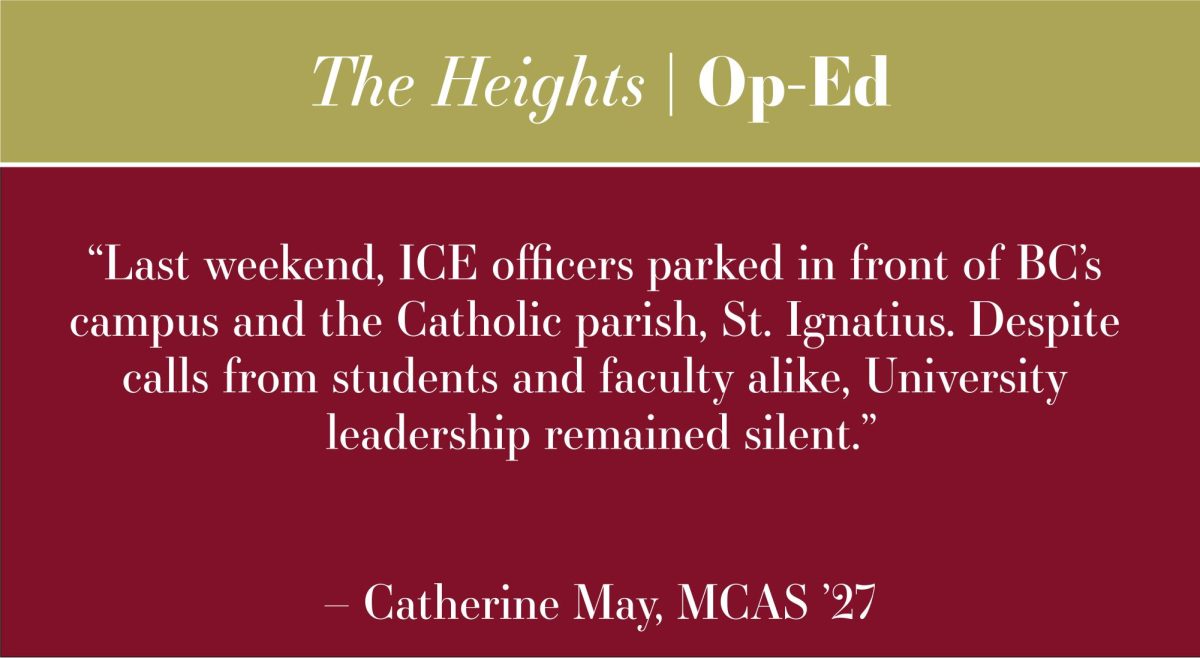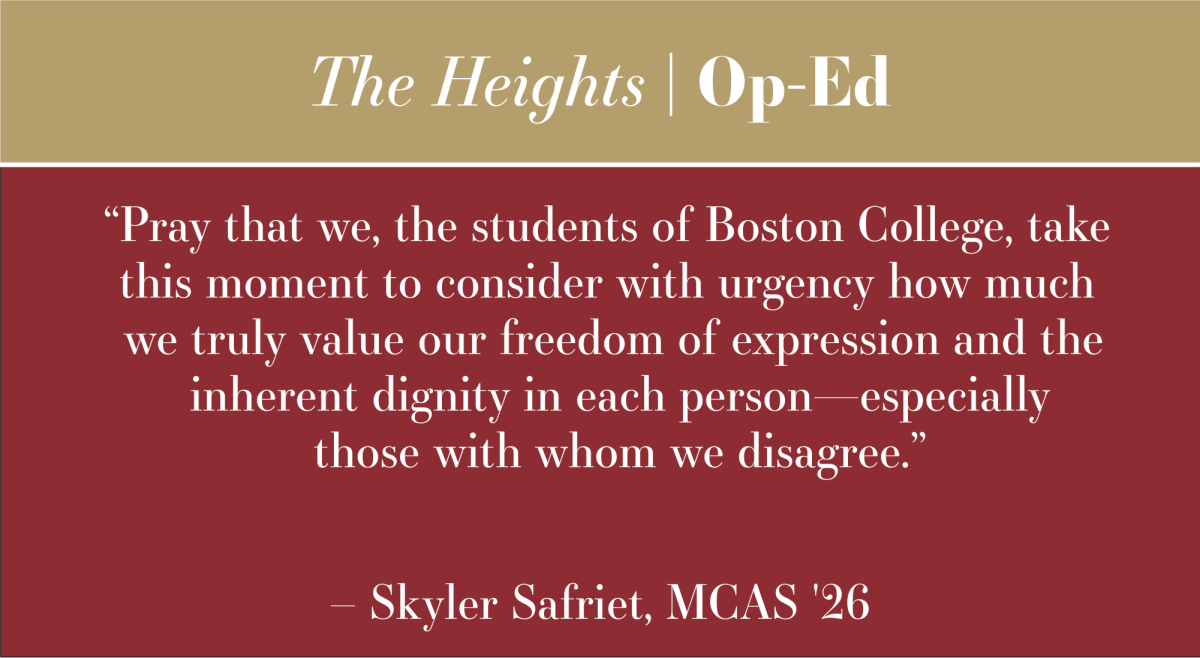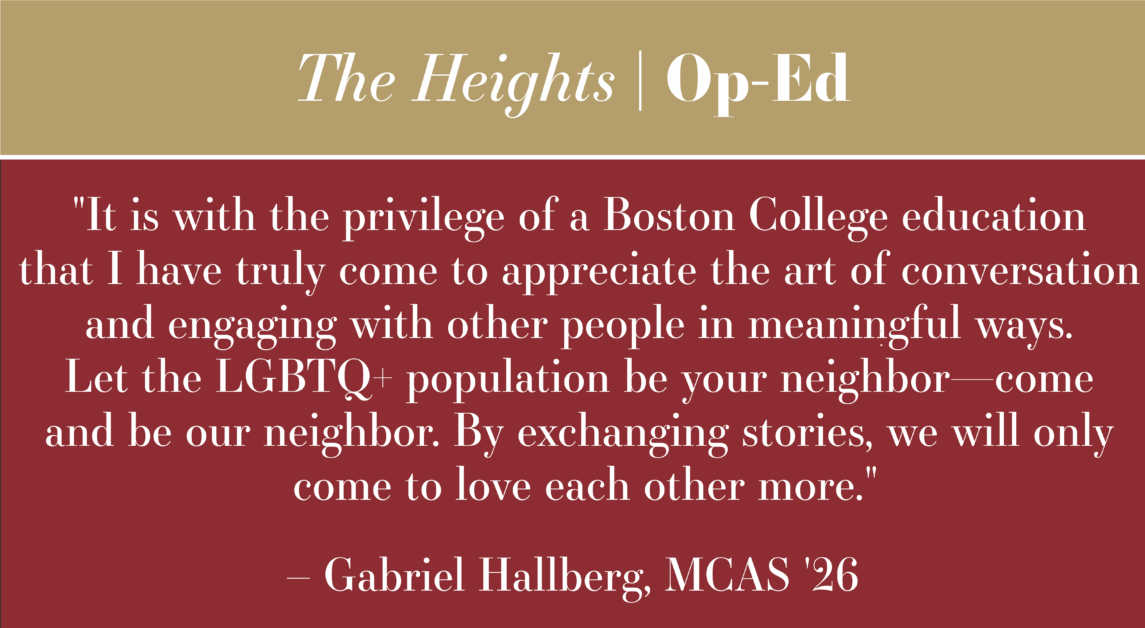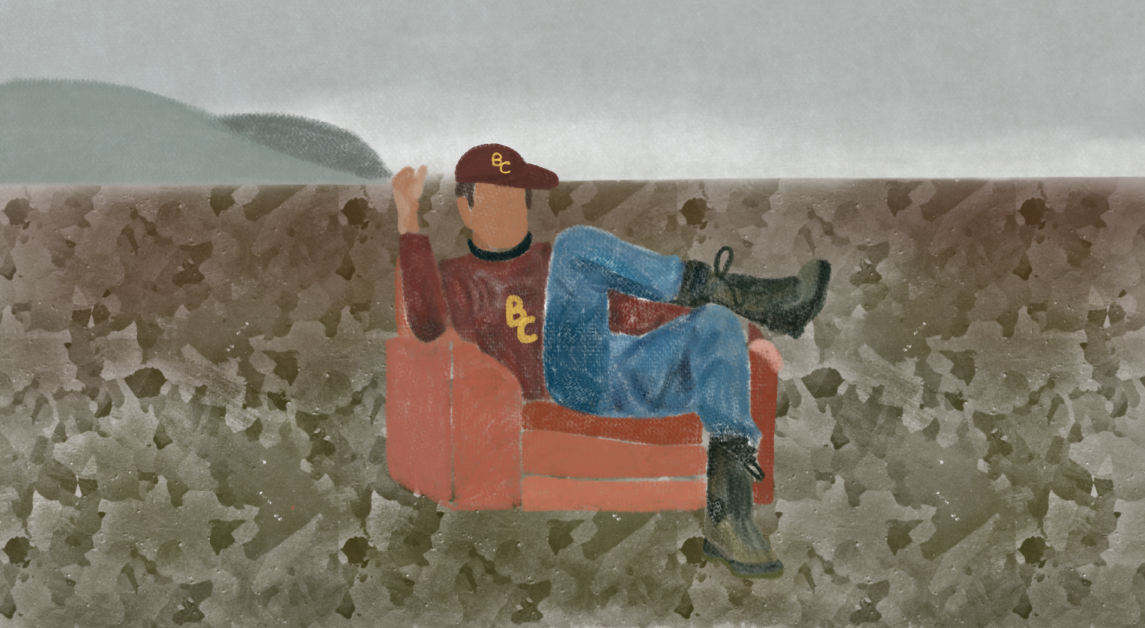On Nov. 19, Rolling Stone published the account of a University of Virginia student who said she had been gang-raped four weeks into her freshman year in 2012 at a Phi Kappa Psi fraternity house. The account given by the student, who is called Jackie in the story, is horrifyingly brutal. She alleged that she had been on a date to a party when the boy who brought her there took her upstairs and along with his friends, raped her.
On Dec. 5, Rolling Stone released more details about the article. In light of evidence released by the Washington Post and other news outlets and allegations from the fraternity’s lawyer, some of the details of Jackie’s story did not seem to line up with information found in the investigations. The man she alleged attacked her, for example, turned out not to be a member of Phi Kappa Psi, nor did he work with her as a lifeguard.
This has caused an influx of national attention—on Rolling Stone, UVA, and the stories of rape victims across the country. But these gaps in the story do not make it permissible to ignore the greater reality of what happens, not only at UVA, but on campuses across the country—the fact that Jackie’s story may be different from what Rolling Stone originally reported does not discount the stories of victims. There are multitudes of other assault cases that are poorly handled and brushed aside.
The story is appalling and has garnered immediate attention nationwide. But it is not a story that has never been told before. There are rape awareness events and self-defense classes on most college campuses across the country, Boston College’s included, and there have been conversations in Congress about the assault epidemic. Obviously, people are aware that situations like these exist, but for it to be placed so bluntly in Rolling Stone to attract the attention of the majority.
Still, no one seems particularly surprised that it happened, even in a fraternity on the campus of an esteemed university. If something like this had happened, say, within a business corporation, there would be an enormous shock factor moving with the news. The response was one of disgust—one for a demand for change instead of the shock at the events.
The backlash following the story is a devastating blow to the conversation about sexual assault across the nation. The commonly held statistic is that about two to eight percent of rape allegations are false, coming from a report conducted by the “Making a Difference” Project that consisted of a multi-site study across eight states. The data was taken over a 24-month period and used intense training of law enforcement and random data checks to define what a “false allegation” is. According to The National Center for the Prosecution of Violence Against Women, this statistic may actually be an overestimation. It is near impossible to find concrete data on such a traumatic subject, but even eight percent is remarkably low. The questionable account in Jackie’s story cannot be used as national justification to believe that rape victims are falsifying stories en masse. It should be looked at as an isolated event.
Despite the discrepancies in the story, the piece needs to be looked at as a body of work. Only about a third of the story is Jackie’s account, the rest is UVA’s policies and procedures for rape allegations. Exact facts are critical in sexual assault cases in order to ensure a fair conviction. However, the lack of details doesn’t preclude the necessity to continue this conversation.
The fact remains that students who admitted to sexual assault remained on UVA’s campus. This is a particular example at a particular campus, but it is revealing of a national attitude—protect the institution, not the victim.
The fact remains that students who admitted to sexual assault remained on UVA’s campus. This is a particular example at a particular campus, but it is revealing of a national attitude—protect the institution, not the victim. This attempt at utilizing the idea of the greatest good for the greatest number justifies to the assailants that their horrendous actions will go unpunished, and therefore, they may become repeat offenders. It is also troubling to think that the university would put more emphasis on protecting the university itself and the image that it maintains rather than the students that attend it. It seems counterintuitive for an administration to not care about its student body, but it holds up at UVA.
The national outcry to Jackie’s story, positive or negative, could potentially discourage victims from coming forward with their stories of sexual assault. Now, they are not only faced with the trauma of surviving an attack, but also the potential trauma of reliving this attack time and time again through an investigation. Now, there is the potential that if a story is shared it can garner national attention and be questioned and reimagined by thousands of people across the country. Of course, releasing a story in Rolling Stone is on the far end of attention but it is rather revealing to tone of the national.
The conversation on sexual assault needs to be directed toward the clear details of the UVA story, and moved away from the uncertainties. Jackie’s story sparked a conversation about policies and experiences at different universities. This momentum should not swing the opposite way, just because this one particular case proved to be not entirely factual. It would be a tragedy to see the errors of one publication stop potential forward motion on a national issue that deserves nothing but the utmost thought and respect.
Featured Image by Associated Press










